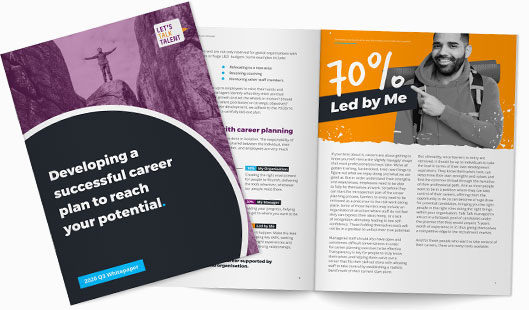In our last blog, of our post-pandemic career themes series we touched on the decisions made by business to put the needs of society before those of the balance sheet.
In this blog we delve further into the leadership styles that have thrived during the pandemic.
Pandemic Leadership
In many cases, organisations turned their hands to supporting a wider societal effort to combat the coronavirus. The companies that did this authentically and decisively have been widely lauded.
Bosses had to lead both the business and their people through a black swan event of the like that has not been seen in many of our lifetimes.
The challenges faced by leaders have been nothing short of hair raising. First up, coordinating and leading virtually and remotely.
The virus pandemic closed the majority of offices and workplaces in the UK. According to the British government, 44% of the labour market worked from home compared to just 12% last year.
Leading virtually has become a way of life overnight expediting a trajectory that may have taken years if not decades. Yet, we feel that most leaders would have had little to no development relating to managing and leading virtually.
Secondly, leading with real empathy and compassion immediately and on a daily basis has amplified the essence of meaningful relationships with subordinates.
In some cultures and leadership circles, delineating between personal and professional colleague connectedness is an unspoken boundary. However, the pandemic has highlighted the need for leaders to support their people through trying times and even show their own vulnerabilities.
At advertising firm Ogilvy, leaders check in twice daily with their teams and begin each virtual interaction by gauging people’s mood levels on a scale. If they’re doing well then it’s celebrated, if they’re not doing so well the leader and team know to show extra support.
If trust is the currency of relationships at work then it’s value has never been so high. High performing teams and organisations have a shared vision and goals. Progressive leadership must then harness the survival of a business as a powerful common purpose, but leverage kindness and compassion to do so.
With such wide-scale economic, social and health implications, employees of even the most robust organisations are likely to know someone who has been affected or have fallen victim to the virus themselves.
We know from research and experience that leaders only truly fulfill their potential when they have the correct support mechanisms in place and the correct mindset. Few go it alone successfully.
As so often is the case in times of crises, the HR community has stepped up to the plate as valued and trusted advisors. Moreover, counsel that can react quickly and commercially.
We’ve already referenced some wonderful examples of HR stepping up to support leaders with the guidance, expertise and practical tools needed to run a thriving enterprise remotely.
Pharmaceutical giant AstraZenca both published a wealth of practical resources to support leaders to operate and lead effectively. The guide tackles mindset, knowledge, skills and ongoing development needed by leaders to get the best out of their people during the crisis.
Let’s Talk Talent considers the ability to deal with ambiguity and complexity as a critical prerequisite for any executive role. With the absence of any “playbook” for leading through a virus pandemic and an economic disaster, leaders have to learn and make huge decisions within shrinking timelines.
This crisis has and will continue to test the resolve, creativity and emotional intelligence of leadership teams across the world for many months and possibly years to come.
This draws our mini-series of career and talent trend blogs to a close. To find out more about Career Trends post the pandemic, then why not download our Career Trends Whitepaper here.
To discuss any of the thoughts and views with a member of the team, then get in touch here.

